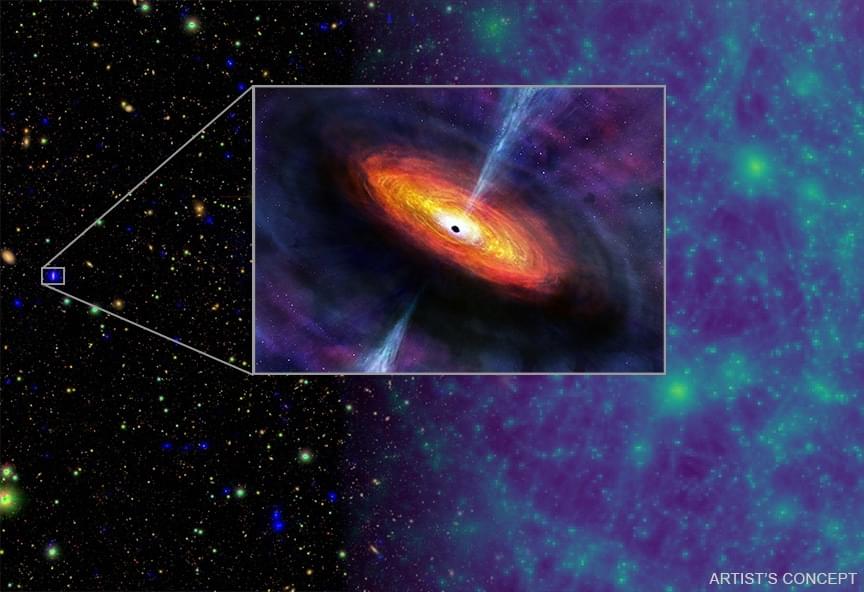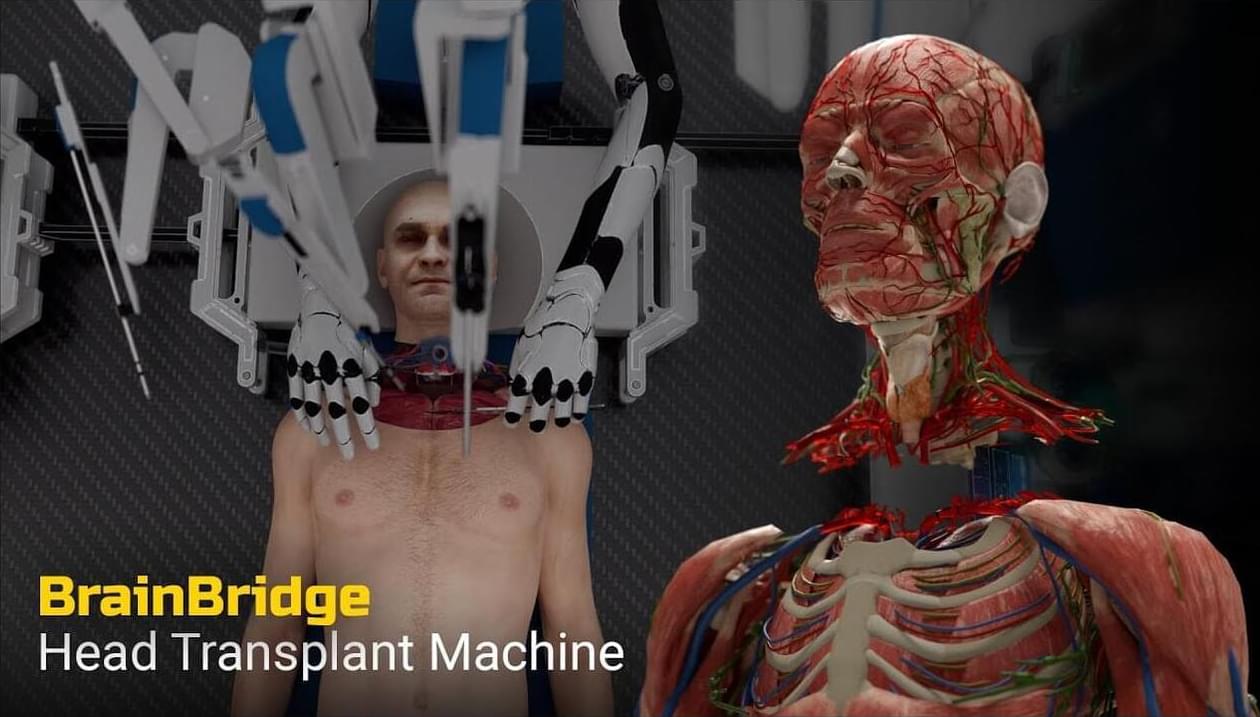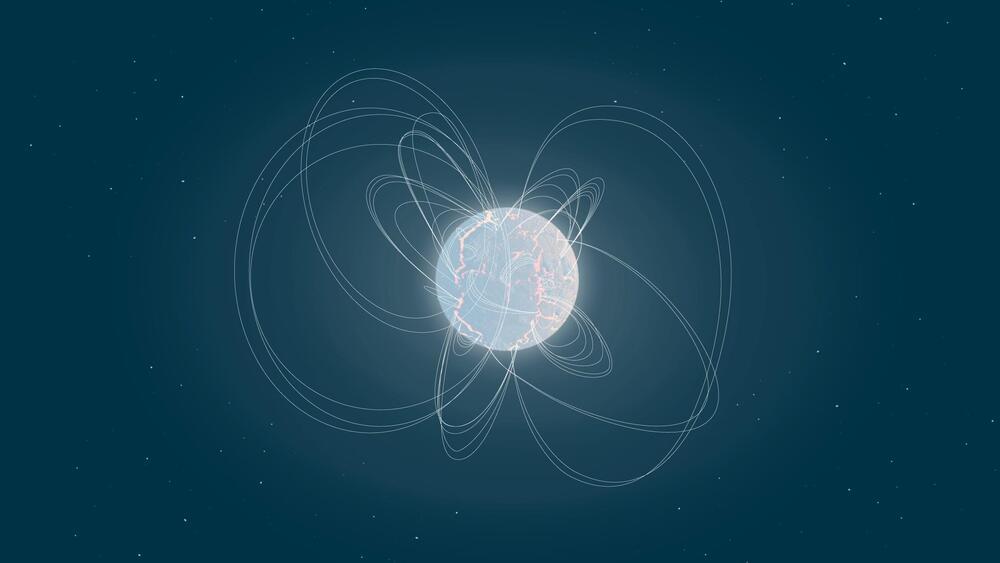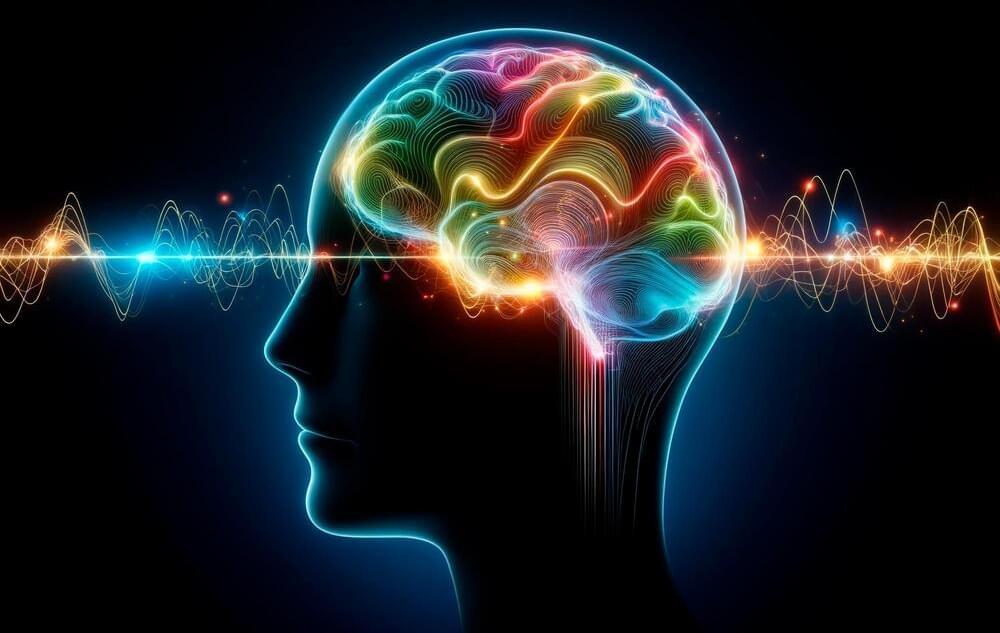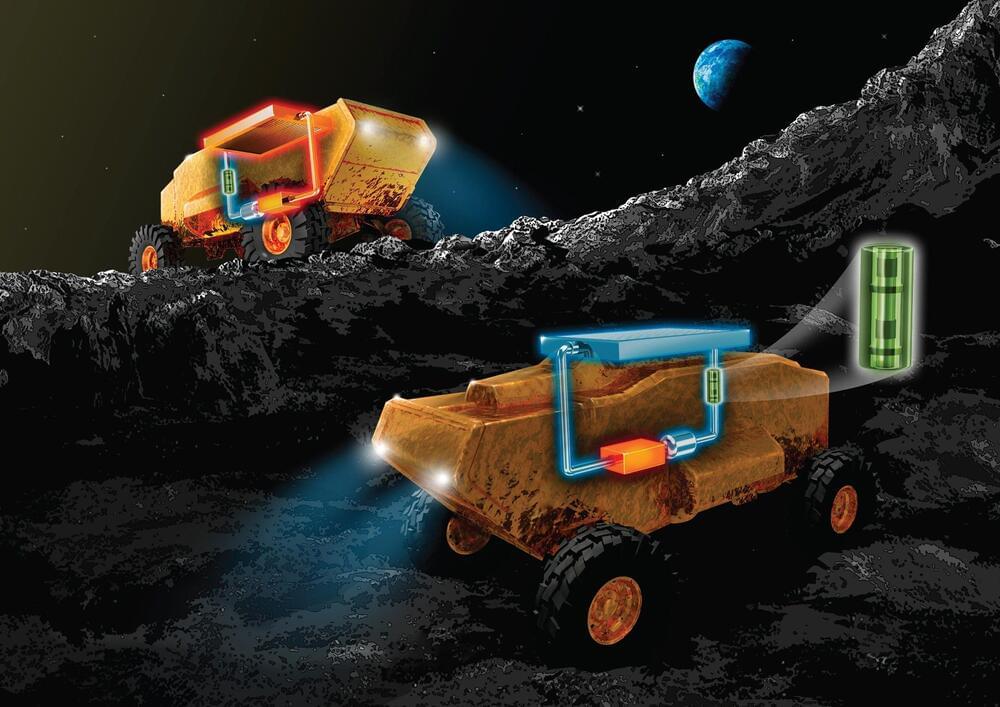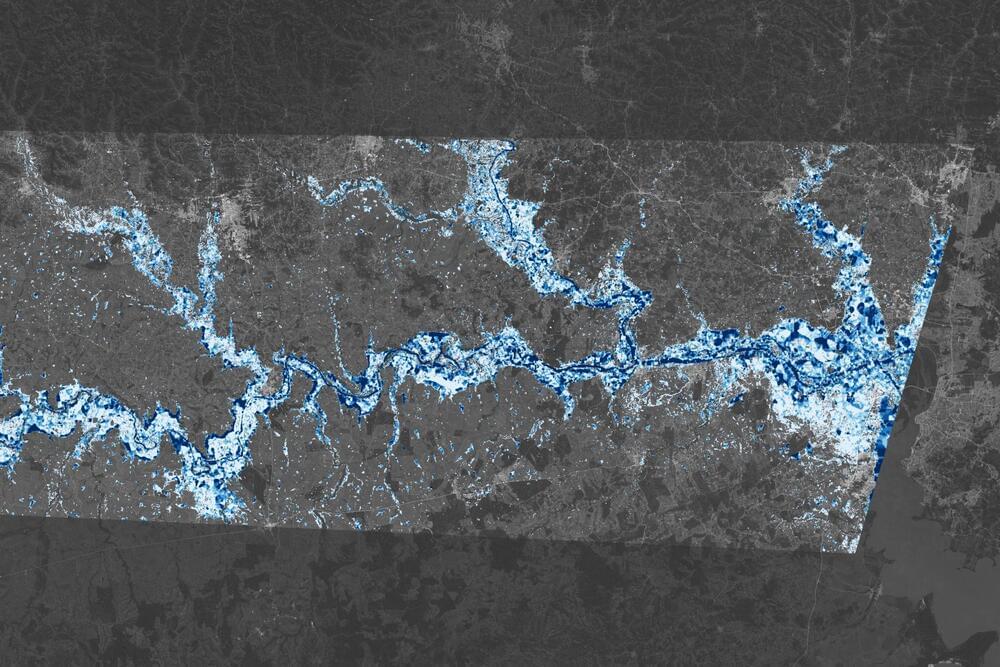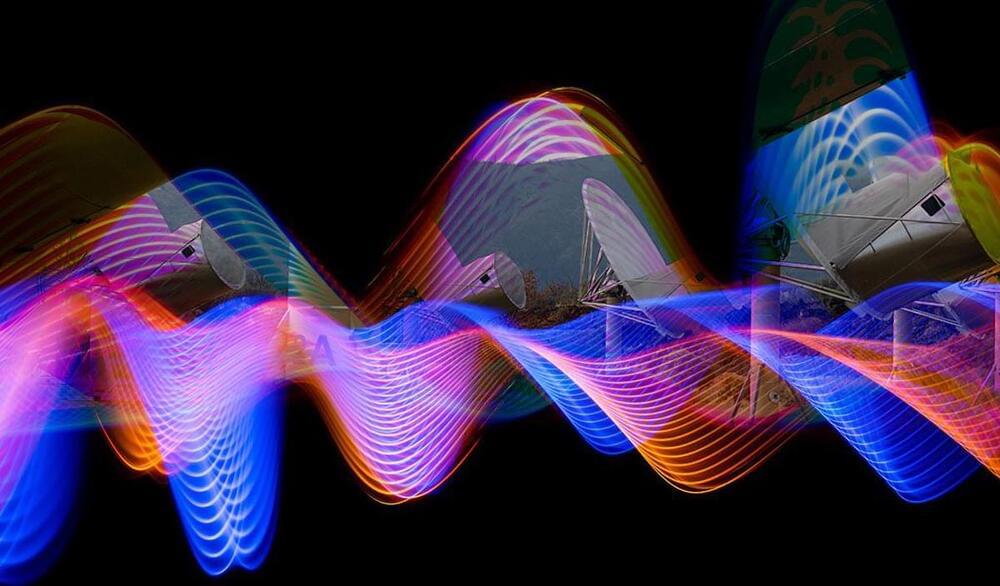One of the main scientific objectives of next-generation observatories (like the James Webb Space Telescope) has been to observe the first galaxies in the Universe – those that existed at Cosmic Dawn. This period is when the first stars, galaxies, and black holes in our Universe formed, roughly 50 million to 1 billion years after the Big Bang. By examining how these galaxies formed and evolved during the earliest cosmological periods, astronomers will have a complete picture of how the Universe has changed with time.
As addressed in previous articles, the results of Webb’s most distant observations have turned up a few surprises. In addition to revealing that galaxies formed rapidly in the early Universe, astronomers also noticed these galaxies had particularly massive supermassive black holes (SMBH) at their centers. This was particularly confounding since, according to conventional models, these galaxies and black holes didn’t have enough time to form. In a recent study, a team led by Penn State astronomers has developed a model that could explain how SMBHs grew so quickly in the early Universe.
The research team was led by W. Niel Brandt, the Eberly Family Chair Professor of Astronomy and Astrophysics at Penn State’s Eberly College of Science. Their research is described in two papers presented at the 244th meeting of the American Astronomical Society (AAS224), which took place from June 9th to June 13th in Madison, Wisconsin. Their first paper, “Mapping the Growth of Supermassive Black Holes as a Function of Galaxy Stellar Mass and Redshift,” appeared on March 29th in The Astrophysical Journal, while the second is pending publication. Fan Zou, an Eberly College graduate student, was the lead author of both papers.
